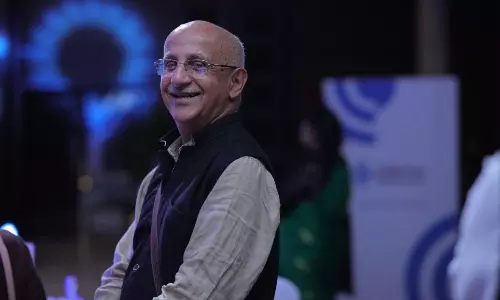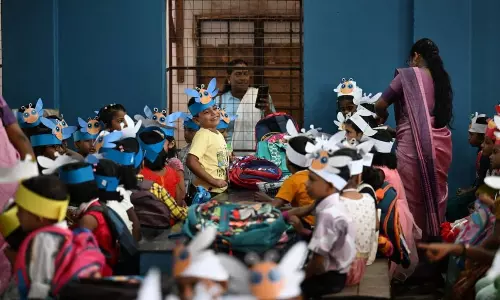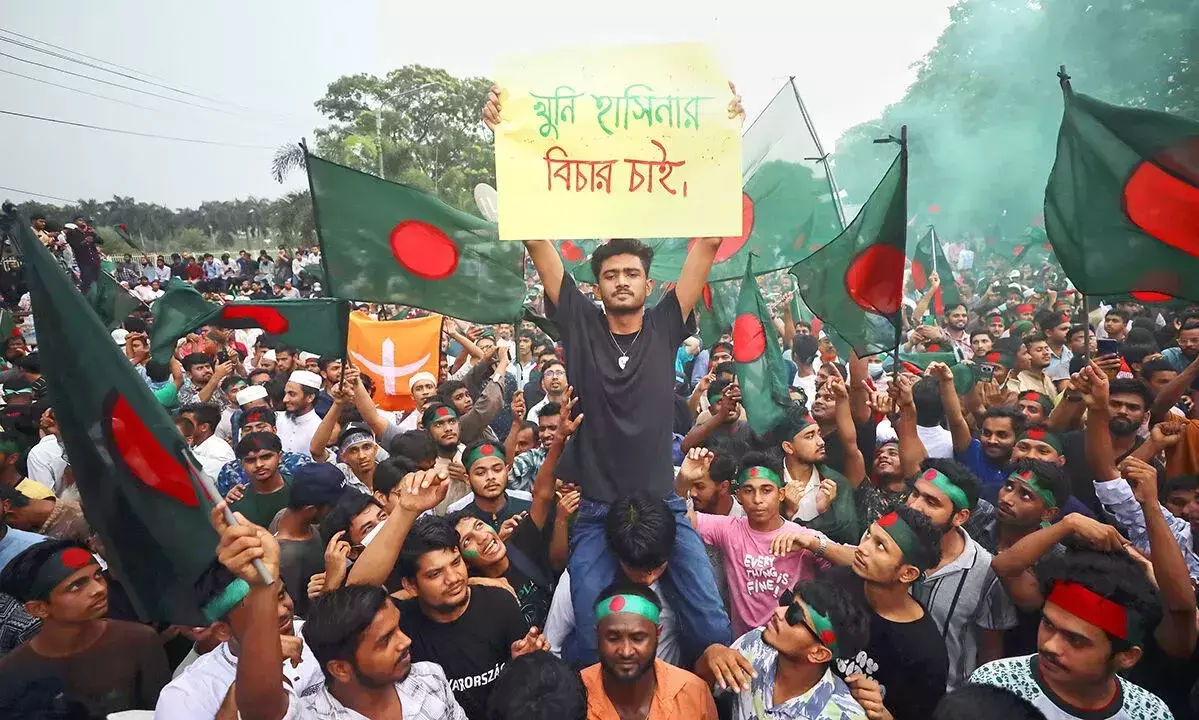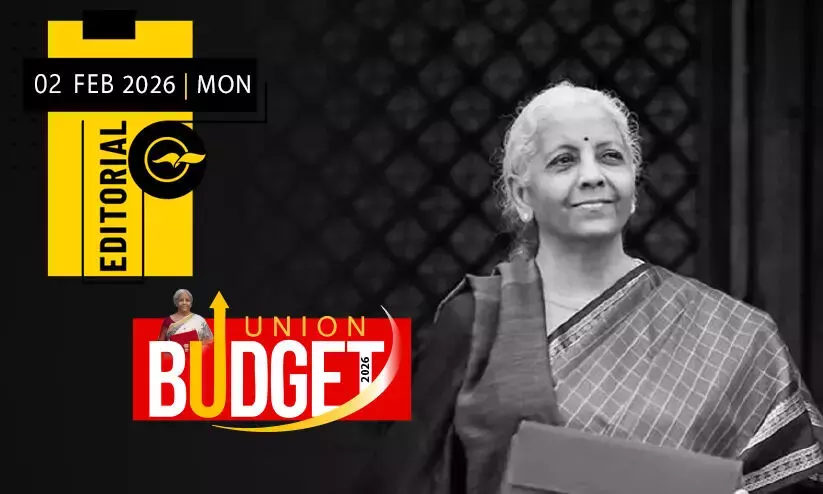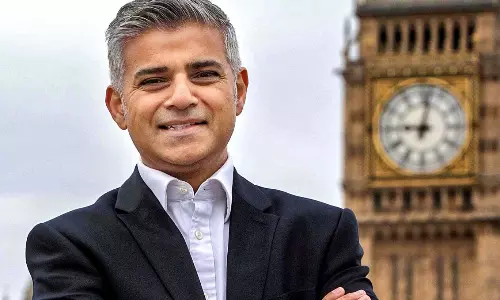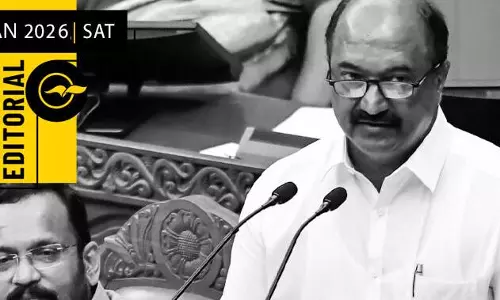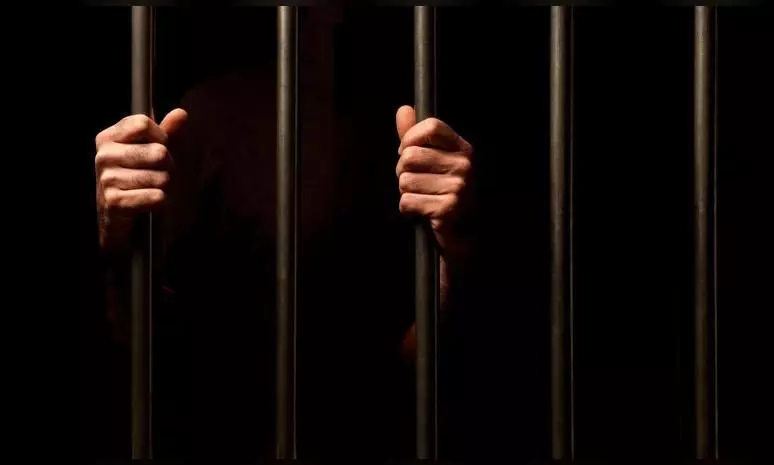
Selective sympathising: Not all cries of Indian prisoners abroad are heard
text_fieldsIn recent months, two cases involving Indian expatriates have struck a deep chord with the Indian community — and even drawn international attention: Abdul Rahim, a native of Kozhikode who has been in a Saudi prison since 2006, and Nimisha Priya, a nurse from Palakkad facing the death penalty in Yemen. Both stories have gained traction through social media, crowdfunding campaigns, and diplomatic efforts.
But they also raise a difficult question: Why do some prisoners earn widespread sympathy and support, while so many others are left out?
Guilty, but still supported
Abdul Rahim was jailed following a tragic incident in 2006. He was working as a caretaker for his employer’s 15-year-old son in Saudi Arabia — a boy who was partially paralysed and reliant on a medical tube for breathing and feeding. The boy died after Rahim reportedly dislodged the tube by accident.
A blood money settlement of ₹34 crore — raised through efforts by non-Resident Indians (NRIs) and philanthropists like Bobby Chemmannur — helped secure the family’s pardon. Yet, Rahim remains in prison under Saudi Arabia’s public rights law, which allows continued detention even after a private settlement.
In Nimisha Priya’s case, she was convicted of killing her Yemeni business partner. While the murder charge stands, her supporters point to a history of domestic abuse and exploitation. Religious leaders like Kanthapuram A.P. Aboobacker Musliyar have also intervened, temporarily delaying her execution.
In both cases, there is no serious dispute about guilt. But many believe that the context — years already spent behind bars and the circumstances surrounding the crimes — calls for compassion. These stories remind us that justice is not always black and white; it must leave room for mercy and understanding.
What about the others?
As Rahim and Priya’s stories circulate on news feeds and WhatsApp groups, thousands of Indian workers sit in foreign jails — unnoticed, unsupported, and often unremembered.
Many are imprisoned for minor offences: overstaying a visa, unpaid loans, or fleeing abusive employers. Others face serious charges — such as carrying banned substances or forged documents — often without fully understanding the legal consequences.
Consider a few examples:
• In 2017, 15 fishermen from Tamil Nadu were detained by Iranian authorities for allegedly fishing too close to Kish Island. They were held for over a month with inadequate food and legal support. Their release came only after NGOs and local pressure groups stepped in.
• In 2019, three more Tamil fishermen working on a Saudi-flagged boat were arrested in Iranian waters. They spent 11 months in detention before diplomatic pressure secured their release.
• As recently as 2025, over 30 Indian fishermen were detained by the Sri Lankan navy near Rameswaram. Again, their fate hung in limbo — not because of complex legal hurdles, but due to slow or absent follow-up by Indian authorities.
The contrast is stark: one man convicted of accidental death receives ₹34 crore in donations, while others languish for years over bounced cheques or visa rule violations, with no public help. In many cases, it’s media visibility, social reach, or influential connections that determine who gets saved — and who remains forgotten.
Quiet heroes, silent struggles
Thankfully, not everyone looks away. Some individuals and organisations have quietly stepped in where systems have failed.
Firoz G. Merchant, a Dubai-based jeweller, has helped secure the release of over 3,700 prisoners — most of them Indians — by paying fines and funding repatriation through his initiative, The Forgotten Society.
The Indian Community Welfare Committee (ICWC) in Dubai has also paid blood money, traffic fines, and travel expenses to help release dozens of jailed workers. In the UAE, Kerala-born social worker C.P. Mathew has spent decades quietly helping stranded and imprisoned Indians return home, often without media attention.
But these private efforts barely scratch the surface. According to official data, 10,152 Indian nationals are currently imprisoned across 86 countries. Behind each number is a story — many untold, many more ignored.
Philanthropy isn’t enough
While the efforts of people like Yusuff Ali, Firoz Merchant, and other community leaders are deeply commendable, they also highlight a troubling reality: Why should saving Indian citizens abroad depend so heavily on the goodwill of individuals?
India has over 18 million citizens living overseas, many of them working in difficult conditions with limited legal protection. The need for a strong, structured, and consistent support system is urgent.
We need a National Task Force for Expatriate Legal Support, comprising lawyers, diplomats, and diaspora representatives. A Legal Aid Fund can be created for the families of those imprisoned abroad. A public registry of jailed Indian citizens, updated regularly, could lend transparency and accountability. And most importantly, prominent social workers and donors should be integrated into this official framework, not left to operate alone.
It’s time the Ministry of External Affairs, along with state governments — particularly of high-migration states like Kerala, Tamil Nadu, and Andhra Pradesh — come together to build this much-needed infrastructure.
Sympathy shouldn’t be a lottery
Supporting Abdul Rahim or Nimisha Priya isn’t about condoning wrongdoing. It’s about upholding the belief that every human being, regardless of crime, deserves dignity, due process, and legal support.
But if we reserve compassion only for those with viral stories or dramatic cases, we create a new kind of injustice. A migrant jailed for overstaying a visa deserves as much concern as someone whose story makes headlines.
We (India) must move beyond last-minute fundraising and emotional campaigns toward a long-term, fair, and transparent system of support.
Because this isn’t just about headlines.
It’s about humanity.




